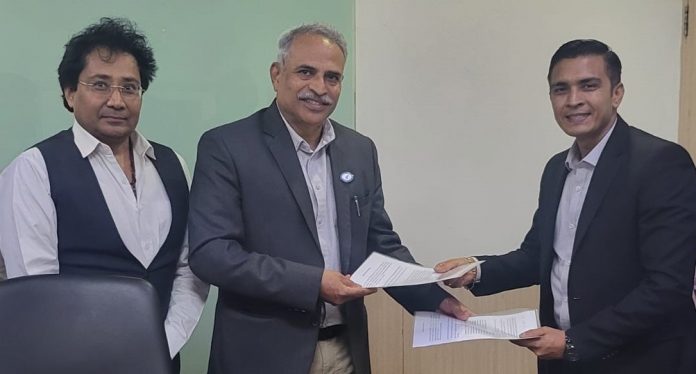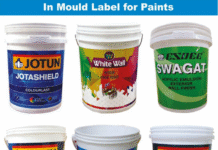
The Indian prime minister’s pledge to make India Net Zero on carbon emissions by 2070 has inspired the Indian packaging industry to participate wholeheartedly. Two of the country’s largest firms in their respective domains of packaging and carbon credit consultancy, UFlex and CREDUCE have signed an agreement to help realize its net zero ambitions – according to a press release dated 22 September 2022.
The scope of the MOU for working together encompasses an analysis of carbon footprint and neutrality and creating and formalizing carbon and plastic credit balances on an internationally accepted and recognized platform. It also envisions setting sustainable development goals and carving out a sustainability roadmap.
With this commitment, UFlex stands to become the largest firm in the packaging category, to take effective steps to meet its Environment, Social, and Governance (ESG) goals. These entail co-creating a time-bound strategy toward carbon neutrality, beginning with its flexible packaging division followed by the other divisions of the group.
“We were always committed to steer our group towards sustainable environmental practices, especially to achieve carbon neutrality in Scope 1 and Scope 2 emissions. We aspire to cut about 175,000 tonnes of carbon emission equivalent by the end of the 2024 calendar year, across the group. Through our CSR initiatives, we also aspire to implement various community development and outreach programs to achieve the stiff ESG goals that we have set for ourselves,” asserts Jeevaraj Pillai, the joint president of the Flexible Packaging Business of UFlex.
“Socio-environmental sustainability has always been one of our core organizational values for quite some time now and we have articulated and imbibed the same in all walks of our functioning,” states Manas Kumar Sarkar, general manager of HR and Sustainability at the UFlex Flexible Packaging Business.
UFlex in consultation with CREDUCE intends to leverage its sustainability initiatives and accrue carbon credits. UFlex has been championing this effort with its global sustainability initiative ‘Project Plastic Fix’ which includes methodologies such as MLP Recycling (converting industrial and post-consumer plastic waste to granules), manufacturing of PCR grade films Asclepius (by up-cycling discarded PET bottles), and biodegradable laminates that can potentially convert uncollected packaging waste into fertilizer within a fixed period of time.
In its many-sided approach to creating a circular economy, UFlex offers a host of eco-friendly products across its businesses such as inks, water-based adhesives, PCR films, MLP recycling machines, gravure cylinders for water-based inks, and alu-alu blister packs.
“It is a huge honor and excitement to see such industry giants taking big leaps towards sustainability and carbon neutrality. At CREDUCE, we see huge potential among organizations like UFlex to accrue carbon credits. We would be able to strategize a path towards a complete zero carbon footprint. These accruals of carbon credits would be clubbed with community development initiatives like smokeless cookstoves and clean drinking potable water. Firms like UFlex can lead the way for other players to follow,” says Shailendra Singh Rao, director of CREDUCE.
Several studies have addressed the environmental impact of plastic, but more focus needs to be placed on plastic waste management sustainable production processes, reducing dependency on fossil fuels, and such steps that will lead to positive environmental impacts such as decreasing greenhouse gas (GHG) emissions. Organizations across the world are steadily moving toward carbon neutrality and Net Zero Carbon Emissions. The latest MoU between the two organizations reaffirms corporate India’s commitment to helping the country show leadership on the environmental front.










